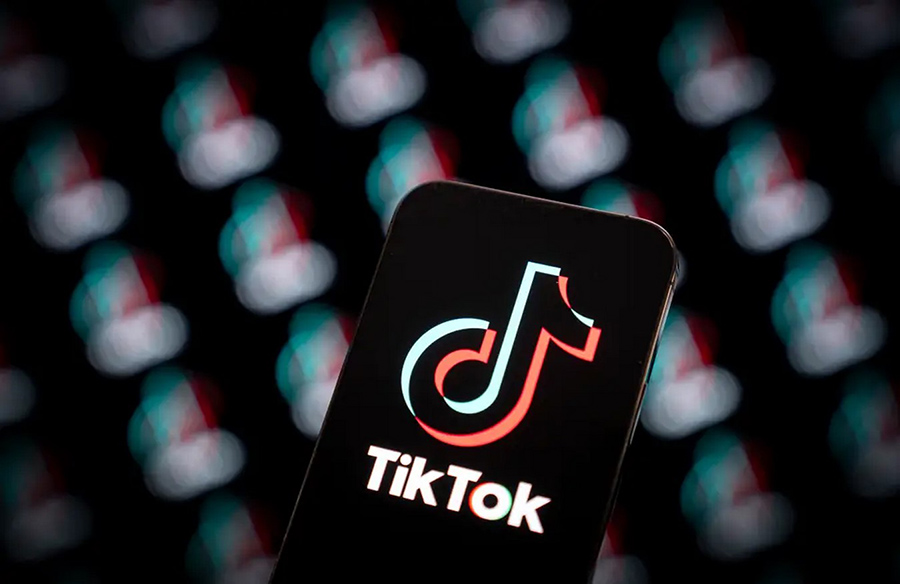
In a significant move, the United States House of Representatives took a step closer to effectively banning TikTok in the country by passing a bill on Wednesday. Introduced earlier in March, the bipartisan legislation, known as the Protecting Americans From Foreign Adversary Controlled Applications Act, garnered support from members across party lines. However, its future enactment hinges on various factors, notwithstanding President Joe Biden’s anticipated approval.
Understanding the Legislation
Contrary to popular perception, the bill does not outright ban TikTok from operating in the US. Instead, it mandates any entity owned by a “foreign adversary” to divest or sell its ownership to a US-based company within 180 days to continue its operations in the country. This nuanced approach aims to address concerns about potential national security threats posed by foreign-controlled applications like TikTok.
Bipartisan Support and Divergent Views
While the bill secured bipartisan backing in the House, leaders from both political parties held contrasting perspectives in the lead-up to the vote. President Joe Biden signaled his intention to sign the legislation into law if approved, underscoring the bipartisan consensus on addressing national security concerns. However, former President Donald Trump’s recent opposition to the bill, despite his prior efforts to pressure ByteDance to divest TikTok, adds complexity to its trajectory.
Senate Hurdles and Alternatives
As the bill advances to the Senate, its fate remains uncertain, with several senators expressing reservations about explicitly targeting TikTok and ByteDance in the legislation. The potential for bipartisan resistance in the Senate underscores the challenges in navigating the legislative process. Moreover, the resurgence of a similar bill introduced by Senate Democrats in 2023 adds another layer of complexity, potentially diverting attention from the current legislation.
Industry Response and Advocacy Efforts
Amidst legislative deliberations, TikTok CEO Shou Chew personally engaged in lobbying efforts against the bill during a visit to Capitol Hill. Despite these advocacy endeavors, the company’s public stance on the legislation remains pessimistic. A TikTok spokesperson expressed concern over the legislation’s perceived bias, stating that it inevitably leads to a total ban of TikTok in the United States. Such sentiments reflect the apprehension within the company and underscore the high stakes involved in the ongoing legislative debate.
In conclusion, while the House passage of the bill marks a significant milestone in the efforts to regulate TikTok’s presence in the US, its ultimate fate hinges on Senate deliberations and potential legislative alternatives. The intersection of national security concerns, bipartisan politics, and industry advocacy underscores the complexity of addressing the challenges posed by foreign-controlled applications in an increasingly interconnected digital landscape.




Leave a Reply